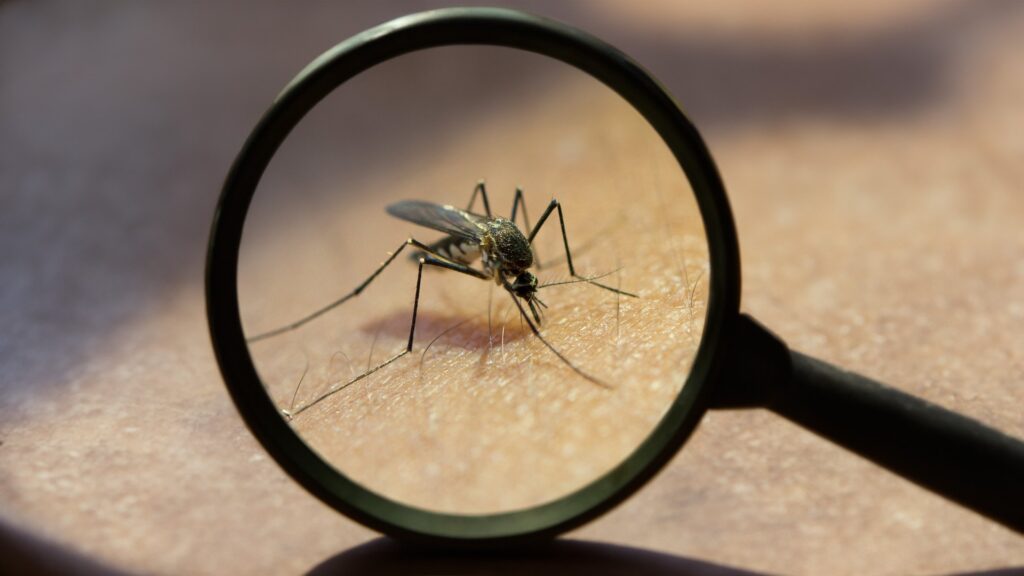The Uganda Virus Research Institute (UVRI) is on the verge of realizing its pioneering project to employ genetically modified mosquitoes for malaria control.
According to UVRI scientists, this groundbreaking initiative, initiated in 2016, is now approaching its final stages, with Ugandan mosquito species set to return from a laboratory in the United States.
Recent revelations emerged during an informative anti-malaria session held at UVRI last week.
Dr. Martin Lukindo, one of the research team members, highlighted the persistent year-round threat posed by malaria-transmitting mosquitoes, including those that thrive in arid regions.
To address this concern, the team is focusing on two innovative strategies.
One approach involves the development of sterile male mosquitoes incapable of fertilizing females. Another method aims to create mosquitoes where female specimens exclusively produce male offspring.
The modified mosquito species set to return to Uganda have had their ability to generate female mosquitoes disrupted.
The primary objective is to curtail the population of female malaria-transmitting mosquitoes in the wild.
To achieve this, scientists are exploring gene drive technology to ensure that genetically modified (GM) mosquitoes consistently pass on the genes responsible for producing female anopheles mosquitoes from one generation to the next.
Currently, mosquito species from various regions of Uganda are being gathered and studied at UVRI’s insectarium, focusing on their biting behavior and mating habits.
This research is being conducted in collaboration with scientists from Burkina Faso, Mali, and Ghana.
Dr. Charles Mugoya, the Regulatory Affairs Manager at Africa Target Malaria Project, has stated that this year, the GM mosquitoes engineered at the Centre for Disease Control in the USA will be brought to Uganda for trial release.
Ugandan scientists are collaborating with researchers from Imperial College London in this endeavor.
Their plan is to introduce these GM mosquitoes on several islands in Lake Victoria, where mosquitoes are rapidly multiplying, contributing to the malaria problem.
It is scientifically documented that a single mosquito can lay up to 300 eggs in one go, and the female mosquitoes, once matured, become carriers of malaria. The ultimate goal is to significantly reduce this occurrence.
Dr. Mugoya emphasized that while the research is ongoing, it may take another decade before the GM mosquitoes are released into the environment.
Efforts are underway to establish a laboratory facility in Uganda capable of modifying and mass-producing these genetically engineered mosquitoes.
